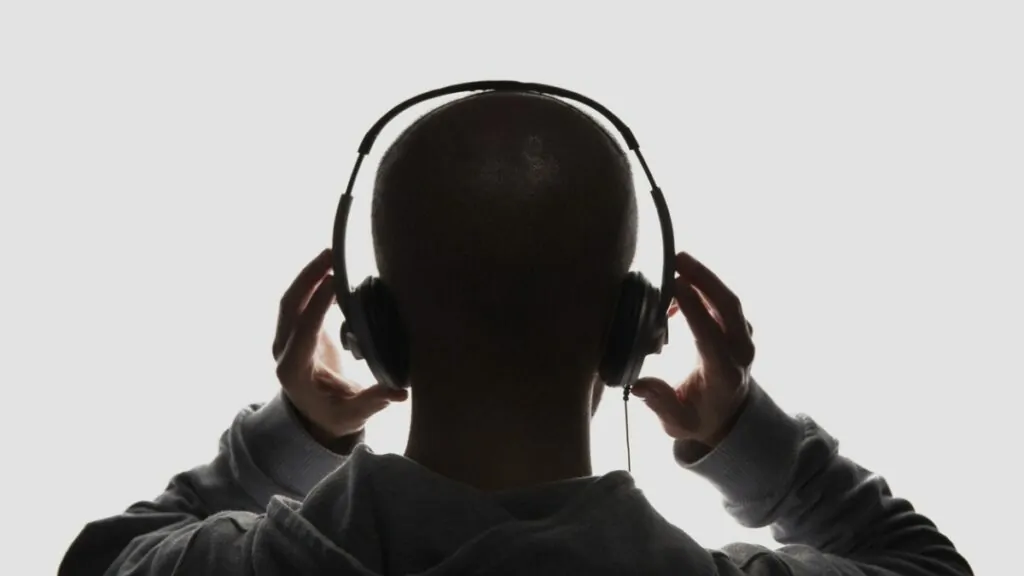BBC Three’s “Defending Digga D” provides viewers insight into the realities of life as an offender newly released from prison and on licence in the community.
Rehabilitation purports to be one of the cornerstones of the sentencing process but all too often we see focus placed on punishment and not enough on how, in practice, we can rehabilitate offenders and reduce crime in the process. This documentary perfectly captures how restrictive a life on licence can be, the pressure offenders are under to comply with various aspects of their sentence and the consequences of even objectively minor transgressions. The focus of the programme relates specifically to the ancillary Criminal Behavioural Order (CBO) imposed on Digga D following his conviction for conspiring to commit violent disorder. He was sentenced to a prison sentence as well as the CBO.
Prior to his conviction and sentence, Digga D was emerging as a successful and popular young drill artist. Digga D’s CBO required him to notify the probation service and police of the release of any audio and/or visual material in which he knowingly appeared within 24 hours of its upload. He was also required to run the lyrics of any new material past the police and not publish any music that “incite[d] violence”. So, what is a CBO and is its use in this context a form of cultural censorship?
What is a CBO?
A CBO can be imposed after an offender has been convicted of an offence, as part of his/her sentence. A court cannot make a CBO of their own volition. An order can only be made on application from the prosecution and is usually made by the prosecution following a request from the police or, in some cases, the council. A CBO can actively require an offender to do certain things and equally, can prohibit an offender from doing certain things. Even youths can have a CBO imposed on them following a conviction, as long as the local Youth Offending Team has provided their views on such a step.
As regards the terms of CBOs, for youths a CBO must be imposed for a minimum term of 1 year and no longer than 3 years. For adults a CBO must be imposed for a minimum of two years and can have no specified end date.
When can the Court impose a CBO?
The Court can impose a CBO if they are satisfied to the criminal standard (beyond reasonable doubt) that:
- The offender has engaged in behaviour that caused or was likely to cause harassment, alarm of distress to any person; and
- The court thinks that making the order will help in preventing the offender from engaging in such behaviour.
What are the grounds for opposing a CBO?
If the Prosecution are looking to make an offender the subject of a CBO, they will be able to make representations objecting to its imposition. These arguments will likely turn on the reasonableness and proportionality of the requirements/prohibitions sought by the prosecutor. The police/local authority must provide evidence to support the request for a CBO- i.e. a statement from the police, which summarises the offender’s offending history, an up to date record of the offender’s previous convictions, any views of the Youth Offending Team etc.
What kind of things can the order (a) prohibit an offender from doing and (b) require an offender to do?
Examples of positive requirements include requiring an offender to attend a particular course or to engage with a particular service. Prohibitions can include not associating with named individuals, not attending a particular area; not wearing hooded clothing, not being in possession of an unregistered phone and restricting social media usage. There does not exist an exhaustive list of requirements and/or prohibitions, meaning that there is a great deal of flexibility in terms of what the eventual CBO might look like. However, the Court must only impose requirements/prohibitions that are proportionate and reasonable. The prohibitions and requirements according to the sentencing guidelines should, as far as practicable, avoid interference with times an offender would normally work, attend school, or other educational establishment/conflict with any court order.
What are the consequences of breaching a CBO?
If an offender subject to a CBO fails to comply with the prohibitions/requirements set out within the order they could be committing an offence unless they have a reasonable excuse for their actions. Again, there is no set definition of what constitutes a “reasonable excuse” but for example if one of the prohibitions prevent an offender from going to an area and for reasons out of their control, i.e. an emergency, they are compelled to go to that area, that is likely to be a reasonable excuse capable of amounting to a defence.
What are the appeal avenues available to those who are the subject of a CBO?
If a CBO has been imposed following Youth or Magistrates Court proceedings, there is an automatic right of appeal to the Crown Court as the CBO forms part of the sentence. If the CBO has been imposed following Crown Court proceedings, a defendant must apply for permission to appeal the CBO to the Court of Appeal. Both an offender that is the subject of a CBO and the Prosecution can apply to vary or discharge the CBO in appropriate circumstances. This means that the conditions of the CBO can be made more stringent or relaxed on application from either party.
Commentary
As is the case with gang injunctions, CBOs impact certain factions of society more than others. When used to police particular genres of music- the cultural significance and meaning of which may well be lost on a mainstream audience- CBO’s represent a real threat to freedom of expression felt most heavily by individuals who already feel as though they don’t have a voice.
Drill is a genre of music that originated from the U.S. but has in the last few decades become a fixture of British culture, particularly within the black community. Many young artists have found fame and indeed fortune through releasing home-recordings and videos of their music on YouTube and other platforms. There is no doubt that these platforms represent a democratisation of the music industry that has allowed artists without ‘contacts’ to achieve success. The genre offers a voice to a marginalised group within society, allowing them to document the reality of the communities within which they live, or have lived. Drill music has been criticised for its use of expletives, references to violence and criminality and many have argued a link between offending and it as a genre. Whilst drill music might not be everyone’s cup of tea, is such an argument not conflating the coexistence of violence and drill music with causation? Drill music isn’t the first genre that has been accused of glorifying and inciting violence. The same argument was made about grime and before grime, about garage music. It leaves one contemplating whether some of the rock and roll protest anthems actively encouraging revolution during the 1970s and 1980s would be similarly criticised today for inciting violence, or whether this is another example of discriminatory policing. Does drill music or indeed any music, actually incite or encourage violence? Are violent lyrics any different to violent video games or films?
One thing is clear: individuals who have served prison sentences already struggle to break into the employment market upon their release from prison. Where CBOs specifically seek to restrict an artist’s ability to create and perform, they add another barrier to an already competitive industry; discouraging studios, record labels and branding companies from engaging the artist’s services. Digga D is clearly an insightful young man who recognises the reality of the cycle of violence of crime and offending and desperately wants to break away from it. His music allows him to do that. Breaking the cycle of reoffending can only come through genuine rehabilitation, ensuring that individuals have the tools and freedom to make income legitimately and, in this case, leave the toxic environment that they document in their songs, behind. Digga D’s manager put it best when he said of Digga D’s music: “this is his form of rehabilitation; this is his way out”.

